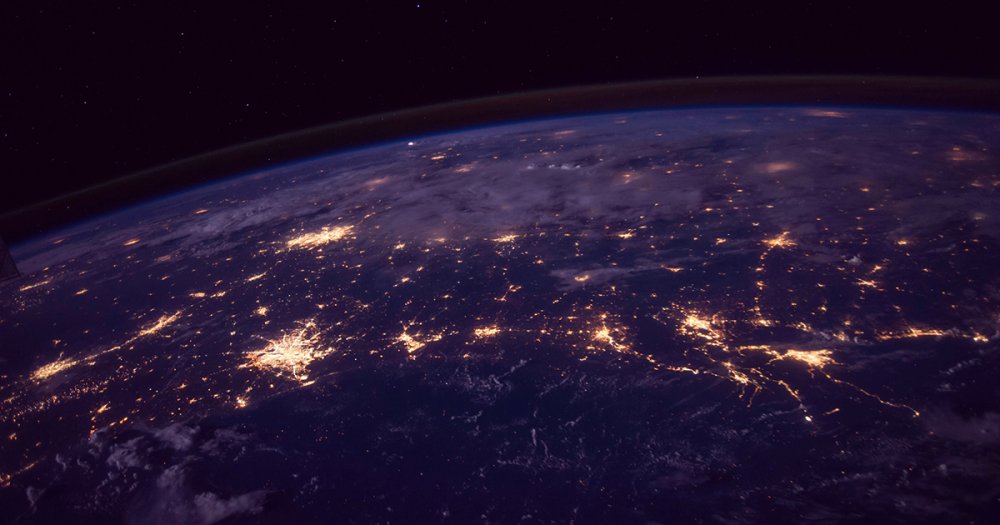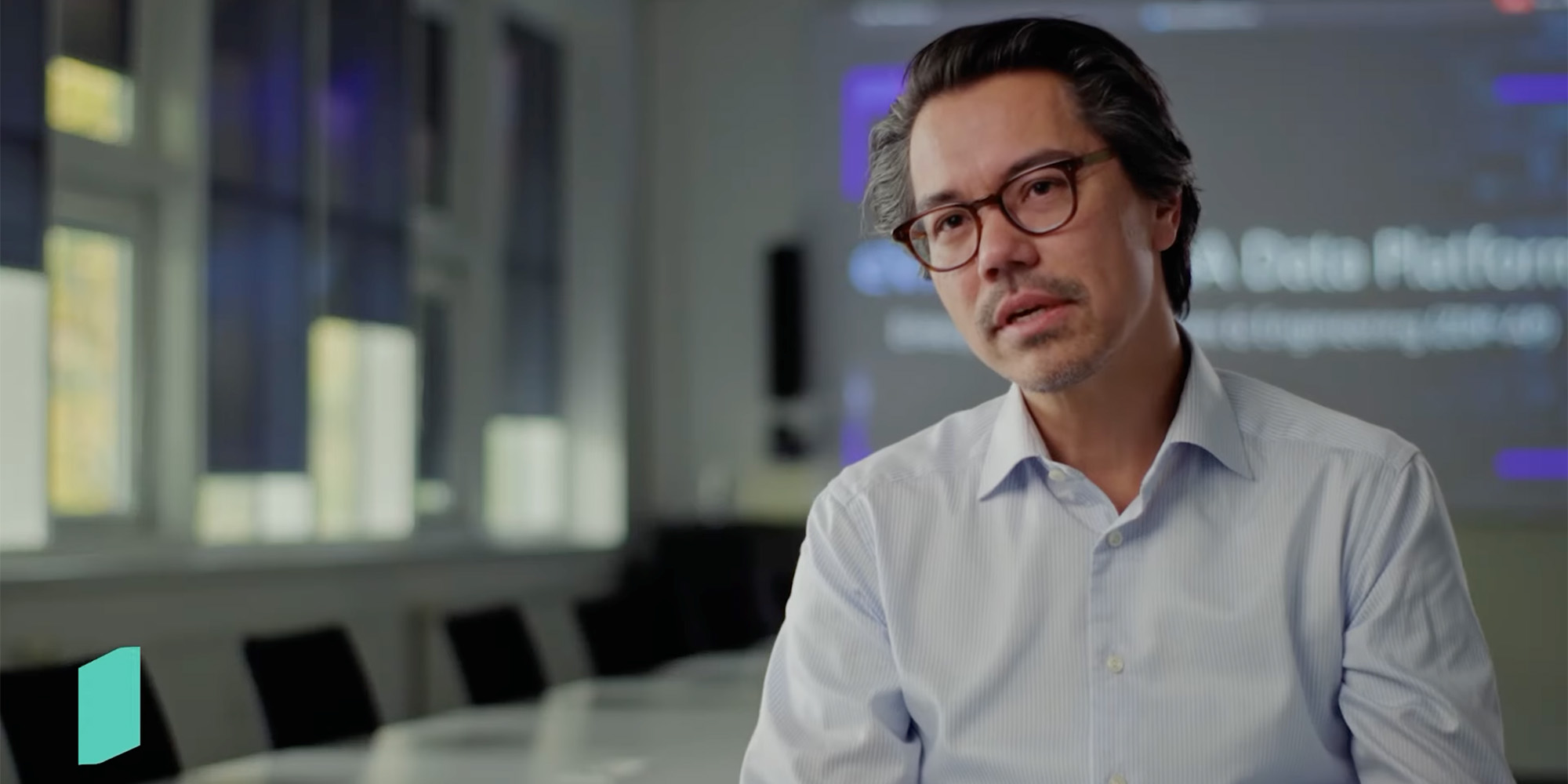Geopolitical risk has emerged as a major threat to companies’ operations globally as the market landscape continues to be marked by competition and global crises, such as pandemics and war. This requires companies to evaluate what kind of risks they are exposed to, and how they can plan for predictable as well as unpredictable scenarios.
Risk management has moved from more quantitative approaches and top-down communication to more centralized thinking, notes Aalto University’s PhD student Thomas Taussi. He has studied the interplay between formal and informal risk work in organizations.
“Risk management has become a more dominant perspective in organizations over the last decades, and 2020s can be defined as a decade of risks – they are everywhere,” Taussi states.
Moving from siloed procedures to strategic risk management
Risk management has historically been divided between the financial industry, which employs a rather quantitative, standard framework, and other industries with more qualitatively oriented informal processes.
Early approaches in the 1900s were very siloed in terms of identifying and categorizing risks, focusing mostly on measuring risks and assessing probabilities. “This approach nearly made risk management appear as a science”, Taussi points out.
Later approaches focused more on the company’s so-called risk appetite and an integrated approach, where risks are interconnected and evolving. Risk management also became a more strategic area of business. “Regardless of their approach, companies should always define what risk-taking means for them, and align their organizations accordingly,” Taussi says.
Companies should always define what risk-taking means for them and align their organizations accordingly."
Risk appetites of companies vary according to the organizational culture and operating environment. Typically, a startup may be much more inclined towards risks than an older and larger organization, Taussi reminds. “Risk-taking may even consciously be pursued by agile organizations,” he says, “when entering a market or responding to competition and disruption.”
Excessively eliminating risks is another extreme of risk management, and this also has its pitfalls: continuously focusing on risks can be demotivating and lead to ignoring opportunities. “Risk management can even create risks,” Taussi points out. “The devil is in the details. Managing risks is, above all, a balancing act between opposing forces,” he says.
The multiple levels of geopolitics impacting business
It is not surprising that risk management strategies have evolved dramatically over the decades, considering the complexity of today’s operating environment. The US National Intelligence Council predicts in its recent Global Trends 2040 report* that the geopolitical environment will become increasingly volatile in the coming years*.
Geopolitical risk should be a priority in companies’ risk assessments and contingency planning, believes Maria Andrea De Villa, who works as Professor of Strategy at EAFIT University in Colombia and Visiting Professor at Aalto University.
“Geopolitical disruptions truly affect and impact the operations of companies worldwide,” says De Villa, who specializes in corporate political strategies and capabilities.
She recently published a study on geopolitical risk and its impact on multinational corporations**. The study covered over 100 top managers from emerging and developed countries. One key finding was that utilizing a multi-level approach in assessing companies’ exposure to geopolitical risk is key, as such risk can manifest at the supranational, international, national, industry, and firm levels.
If companies make a tailored assessment of geopolitical risk, they may identify not only threats but also opportunities."
It is also important that companies examine geopolitical risk from their own perspective. “When evaluating their degree of exposure to geopolitical risk, companies should consider their unique characteristics rather than just rely on general assessments,” De Villa points out. “This is because the same geopolitical issue can signify a high level of risk to some companies, while for other it can imply a low level of risk, or even pose an opportunity.”
She provides a practical example. When the war in Ukraine broke out in 2022, the world faced a shortage of fertilizers and many companies in the food industry suffered disruptions in their operations. In contrast, Dangote Fertilizer, a young African fertilizer producer, seized this business opportunity by exporting their fertilizers to companies suffering from the shortage.
“If companies make a tailored assessment of geopolitical risk, they may identify not only threats but also opportunities,” De Villa says.
Geopolitical risks are here to stay
Taussi believes that the current risk environment is, in many ways, unique. “We are witnessing a historically large number of massive risks impacting operations on a daily level,” he says.
We are witnessing a historically large number of massive risks impacting operations on a daily level."
Geopolitical risk is here to stay, it seems. De Villa explains that she started studying geopolitical risk in 2009, and since then, the impacts of geopolitical issues on companies’ operations have only increased. Political analysts worldwide agree that geopolitical risk will become more prominent in the next two decades.
Taussi encourages organizations to analyze risks on a deep level and define what risk management means for them. Risk management is not a value in itself, but rather a function for pursuing opportunities.
“I am personally eager to see how more advanced existing risk management systems will develop in the near future and help companies to respond to challenges,” he concludes.
*Global Trends 2040 – A More Contested World
**Assessing Geopolitical Risk: A Multi-Level Approach for Top Managers of Multinationals. The article can be accessed on the Academy of Business Insights website.
Watch the whole webinar recording from here.
This article was first published in February 2023.
Geoeconomics for Executives program helps business strategists and risk managers to understand the new geoeconomic power politics, including the transforming relationship between state and market and between economics and security policy as well as geopolitical risks and how to be prepared for them. Read more






















